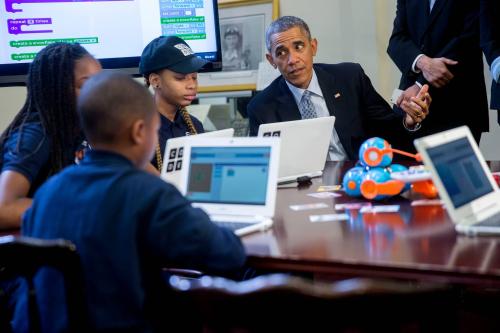On January 23, the U.S. Supreme Court ruled unanimously that law enforcement authorities do not generally have a right to affix a GPS tracking device to a suspect’s car without first obtaining a valid warrant. Of the many things that can be said about the case, which has been called the most important Fourth Amendment test in a decade, perhaps the most sobering in the long run will be this: the decision is based on technology assumptions that are rapidly becoming irrelevant.
The case, formally known as United States v. Jones, has its roots in the technologically distant past of 2005, when smart phones, tablets, mobile apps, social networking and license plate cameras had not yet become ubiquitous—when it was still possible to make a trip to the grocery store without leaving a megabits-long trail of digital footprints.



Commentary
Why the Supreme Court GPS Decision Won’t Stop Warrantless Digital Surveillance
January 25, 2012